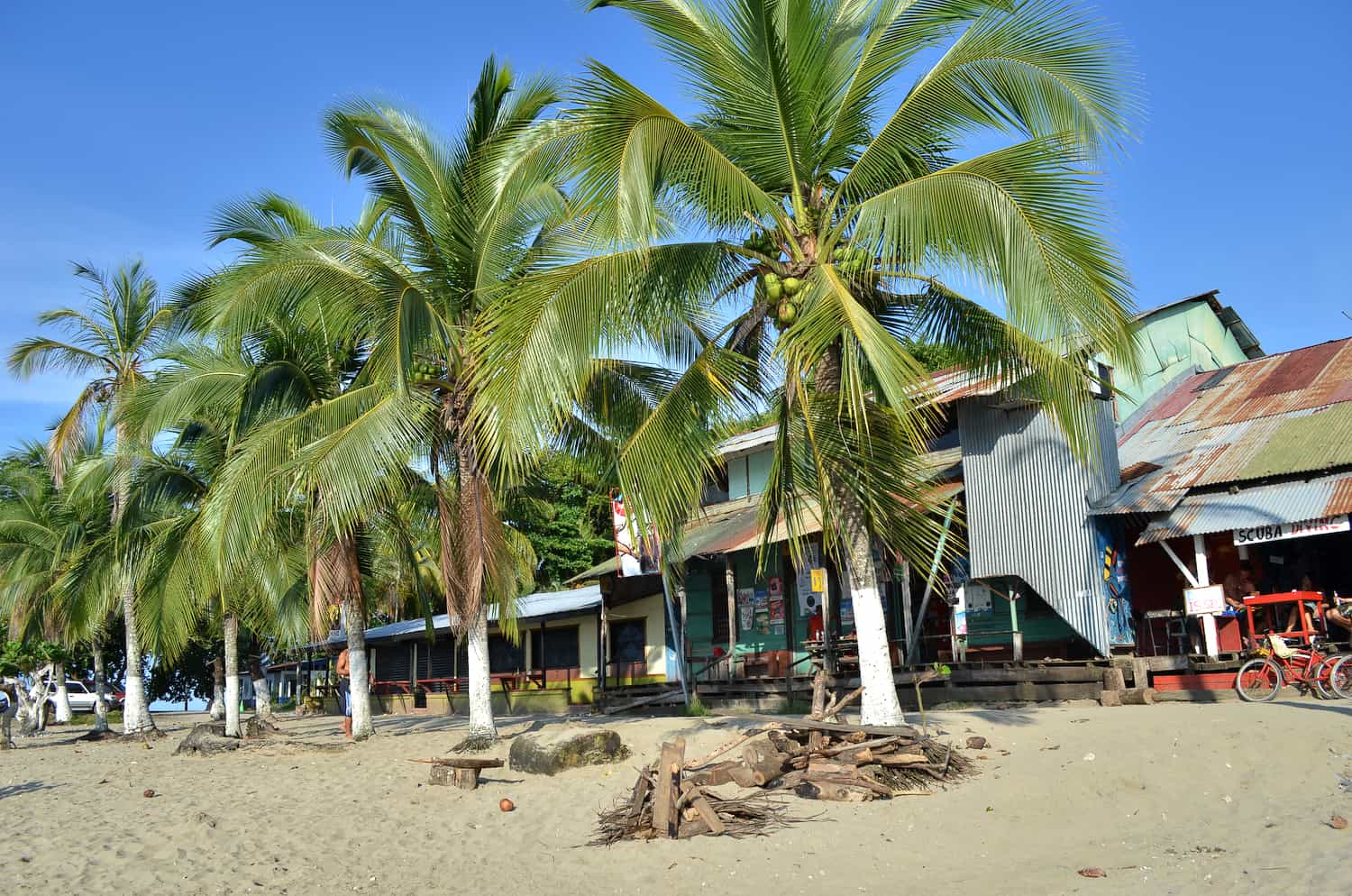A Costa Rican lawmaker introduced a bill Friday that could change the way development projects are evaluated from an environmental standpoint.
A proposed change to the country’s Environmental Law, known as the “Valuation of natural capital and integration of green accounting in development planning bill,” would require developers to assess the value of environmental capital that would be destroyed during a project. This information would be included in the environmental impact evaluation, a requirement for all development plans in Costa Rica.
The bill, presented by Alfonso Pérez of the National Liberation Party, is designed to weigh the costs of development before a project begins in order to mitigate possible cleanup costs in the future.
“The world today functions on two misguided premises,” Pérez said during the bill’s presentation, “that we will always have petroleum and that nature will always respond to the abuses we commit against her.”
The regulations would apply to both the public and private sectors, and would require developers to provide an analysis of the project’s environmental costs against Costa Rica’s gross domestic product. Developers would be required to assume all costs associated with the evaluation.
“Not all the logistics have been figured out yet,” Bernardo Aguilar, executive director of Fundación Neotrópica, the bill’s sponsor, told The Tico Times, “But an example would be taking into account increased health costs due to pollution from air contamination.”
Damage to soil, water, forests and minerals would all need to be included in the assessment. However the bill does not outline the specific details. According to Aguilar, drafters of the bill are exploring using either the state or an independent investigative board for analysis. The bill’s details will be further developed before it goes to debate.
The legislation is part of Costa Rica’s participation in the World Bank’s Wealth Accounting and the Valuation of Ecosystem Services (WAVES) program. WAVES rejects the use of GDP as the sole indicator of a country’s wealth, and promotes the inclusion of natural capital and other capital into a more accurate marker of assets. These programs focus on creating long-term economic development plans by eliminating short-sighted projects that deplete natural resources.
Costa Rica is one of eight countries participating in WAVES, and is in the process of valuing the nation’s water and forest resources.
“This law would mean that in the near future Costa Rica could make better decisions about the environment,” Pérez said.






